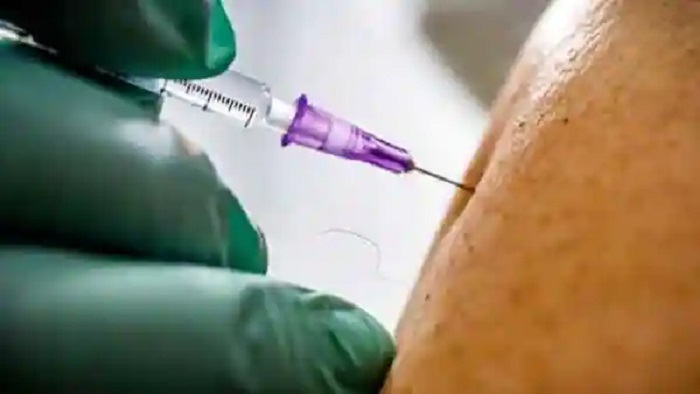
India administered a record 8.5 million doses of covid-19 vaccines on the first day of a new phase of vaccination, after criticism about the handling of the pandemic and the vaccination policy prompted the government to announce free shots for all adults.
“Today’s record-breaking vaccination numbers are gladdening. The vaccine remains our strongest weapon to fight covid-19,” Prime Minister Narendra Modi tweeted on Monday.
The previous record was achieved in early April at 4.3 million doses, after which an acute vaccine shortage followed as production of Covishield and Covaxin by Serum Institute of India and Bharat Biotech International, respectively, failed to keep pace with demand.
Still, India needs to administer 10 million doses a day to achieve its aim of inoculating 950 million adults by December. So far, India has fully vaccinated fewer than 5% with two doses.
Earlier this month, the government said India could have as many as 10 million doses of covid-19 vaccines available per day in July and August.
NITI Aayog member V.K. Paul said on Monday that administering 10 million shots per day was not a “set goal”.
“As the ramping up takes place, speed of implementation should also ramp up, and that would lead to a certain number,” Paul said in an interview with the CNBC-TV18 channel.“There is a demonstration by the system of how much can be done on a given day; at least, this is something that should become obvious by the end of the day,” he said.
Serum Institute of India (SII) is expected to produce 100 million doses of Covishield in July and perhaps more from August. According to media reports, Bharat Biotech will continue to produce only 20-25 million doses in July, with the capacity likely to double from August. On 28 May, the Union health ministry said Covaxin production was being increased from 10 million doses a month in April to 60-70 million a month by July-August. The capacity is expected to reach nearly 100 million a month by September 2021, it added.
Dr Reddy’s, which has the rights to market the first 250 million doses of Sputnik V in India, said the vaccine has only had a soft launch yet and more arrangements were being made. “All necessary supply arrangements are being executed to ensure availability of both dose components in the right quantity and at the right time at partner hospitals. Once the pilot phase is completed, Dr. Reddy’s will announce the commercial launch of Sputnik,” the company said.
On Monday, Madhya Pradesh and Karnataka administered the highest vaccine doses, at over 1.5 million and nearly 1.1 million, respectively, while Tamil Nadu, Rajasthan, Maharashtra, Haryana, Gujarat and Bihar vaccinated more than 300,000 people. Delhi administered 76,216 doses.
The new phase of vaccination was announced by Modi on 7 June. In a reversal of its earlier policy, the Centre said it would procure 75% of the vaccines and distribute it to states, which can use them to inoculate all adults of age 18 years and above. The remaining vaccines will be procured by private hospitals.
In the earlier strategy, which was implemented from 1 May, the Centre would procure 50% of vaccines, which would be used to vaccinate people of age 45 years and above, while the remaining 50% would be procured by either states or private hospitals and could be used to inoculate all adults of 18 years and above.
While Modi said the revision of the procurement strategy of the Centre buying on behalf of all states followed a rethink on part of states, the revised strategy also followed criticism of the earlier strategy from the Supreme Court and states.
Over the past 24 hours, India reported 53,256 new cases, the lowest since 24 March. Infections hit a peak of about 400,000 a day in May, and deaths soared to around 170,000 in April-May.
With an overall caseload of 29.9 million, India ranks second-highest globally, behind the US. Experts warned that millions remain vulnerable to infections, particularly in the countryside, where two-thirds of the population lives. And a swift reopening of cities could complicate mass immunization efforts. (Reuters)